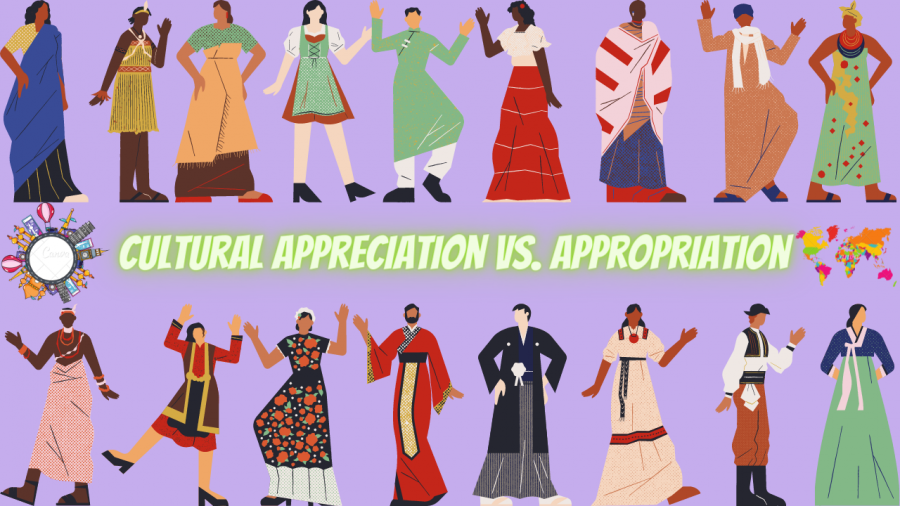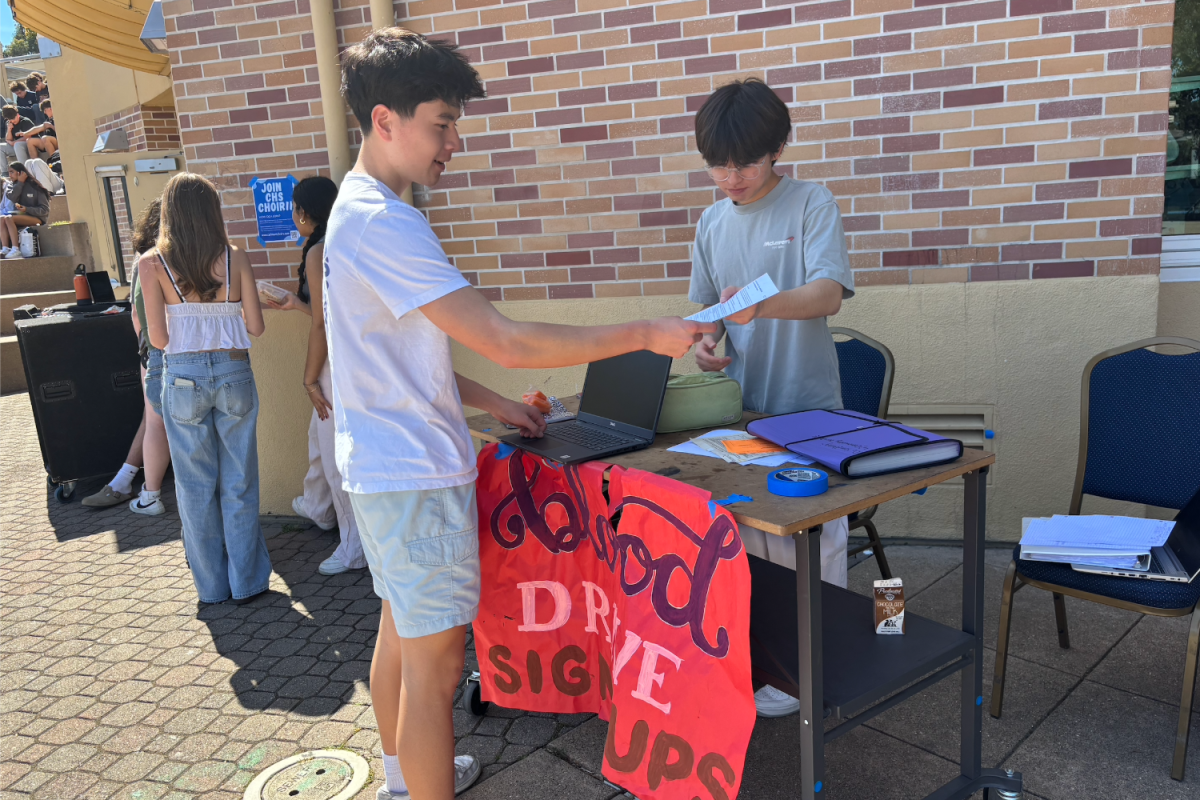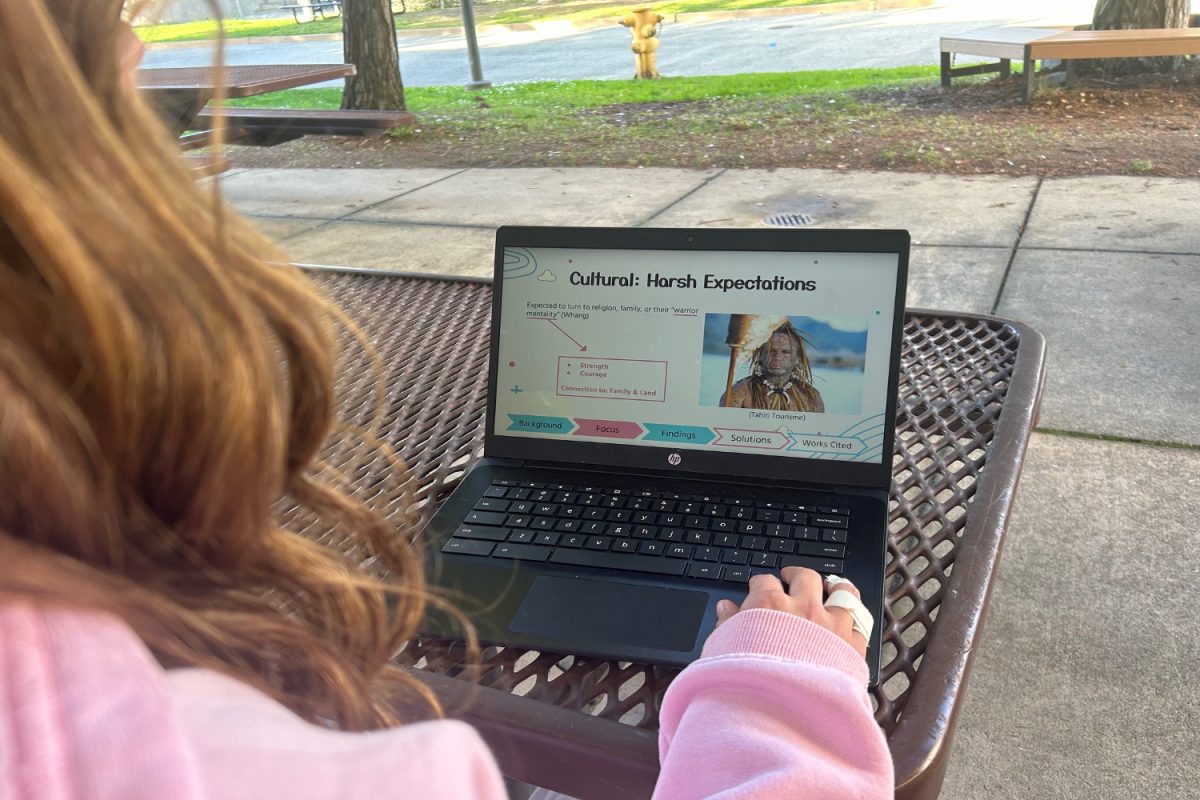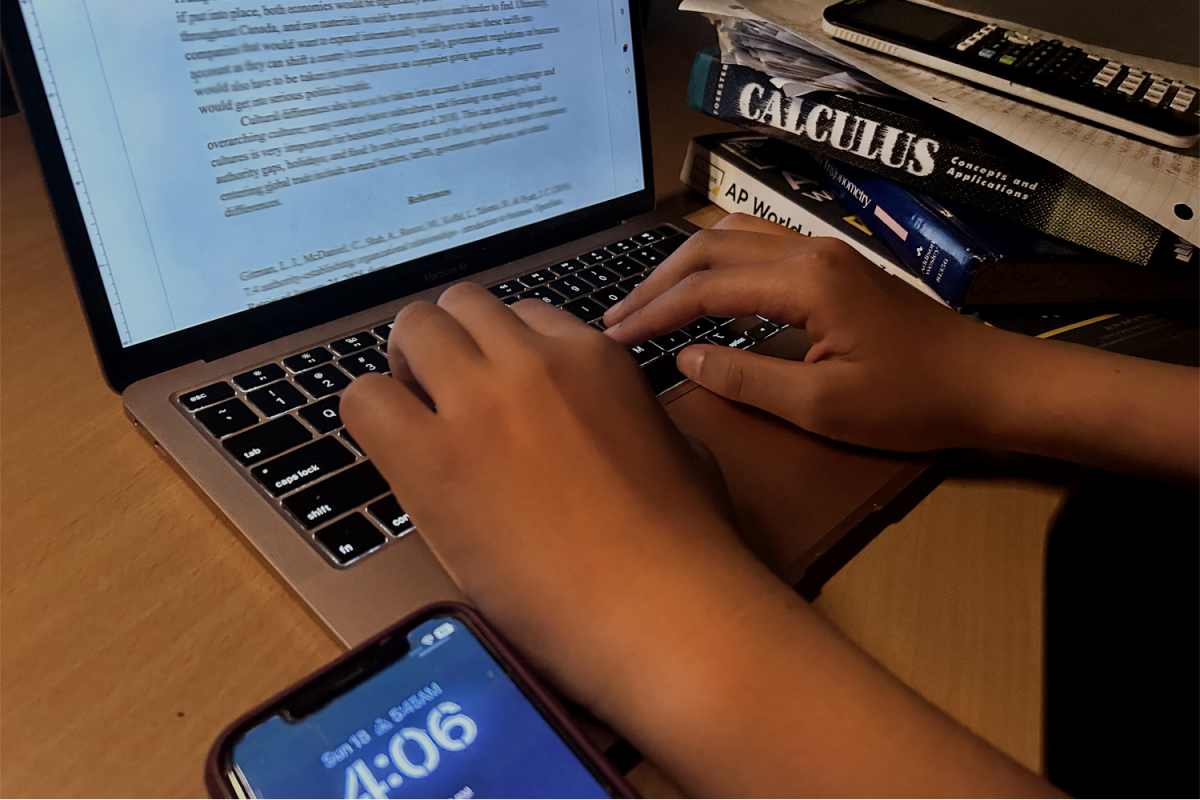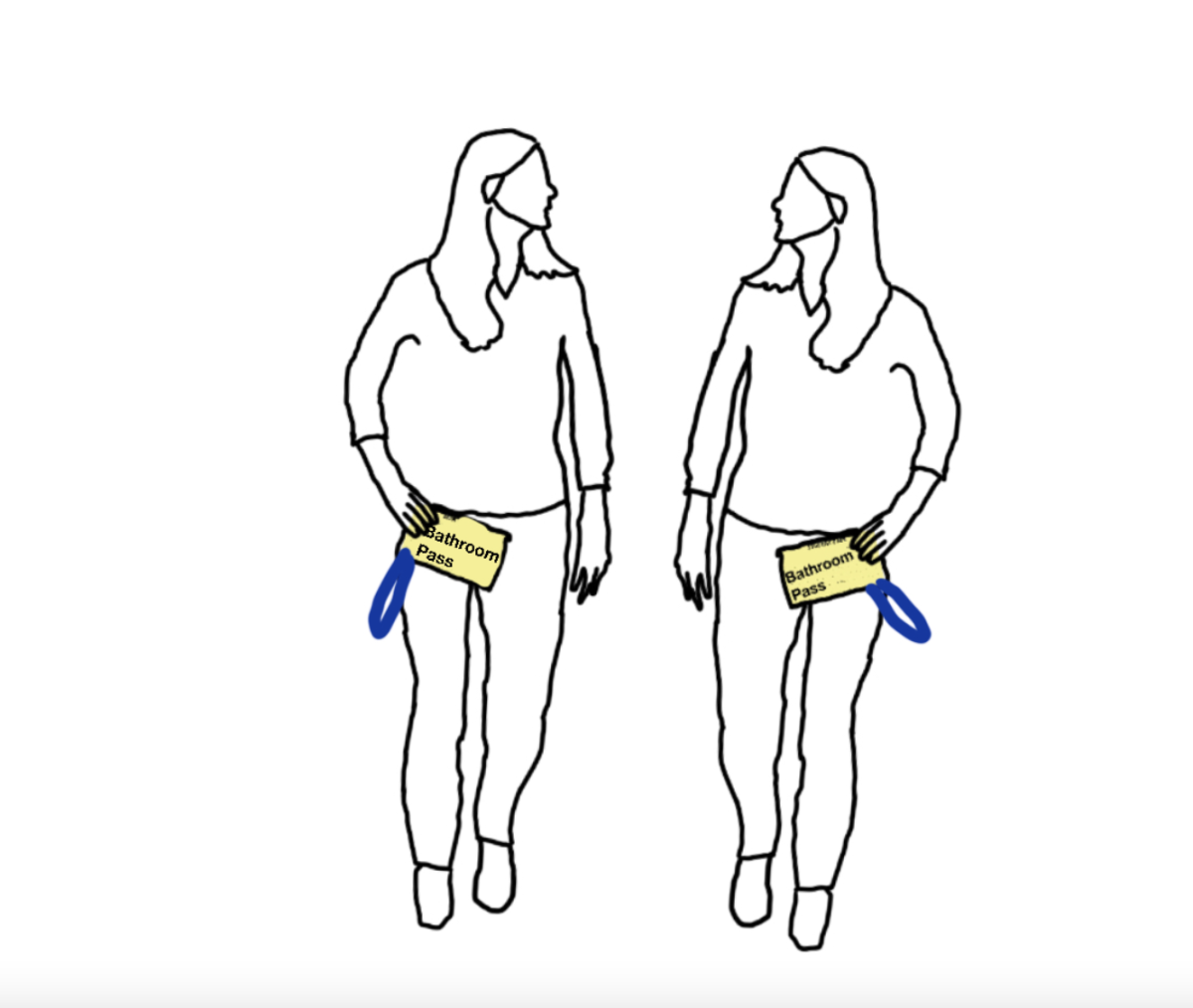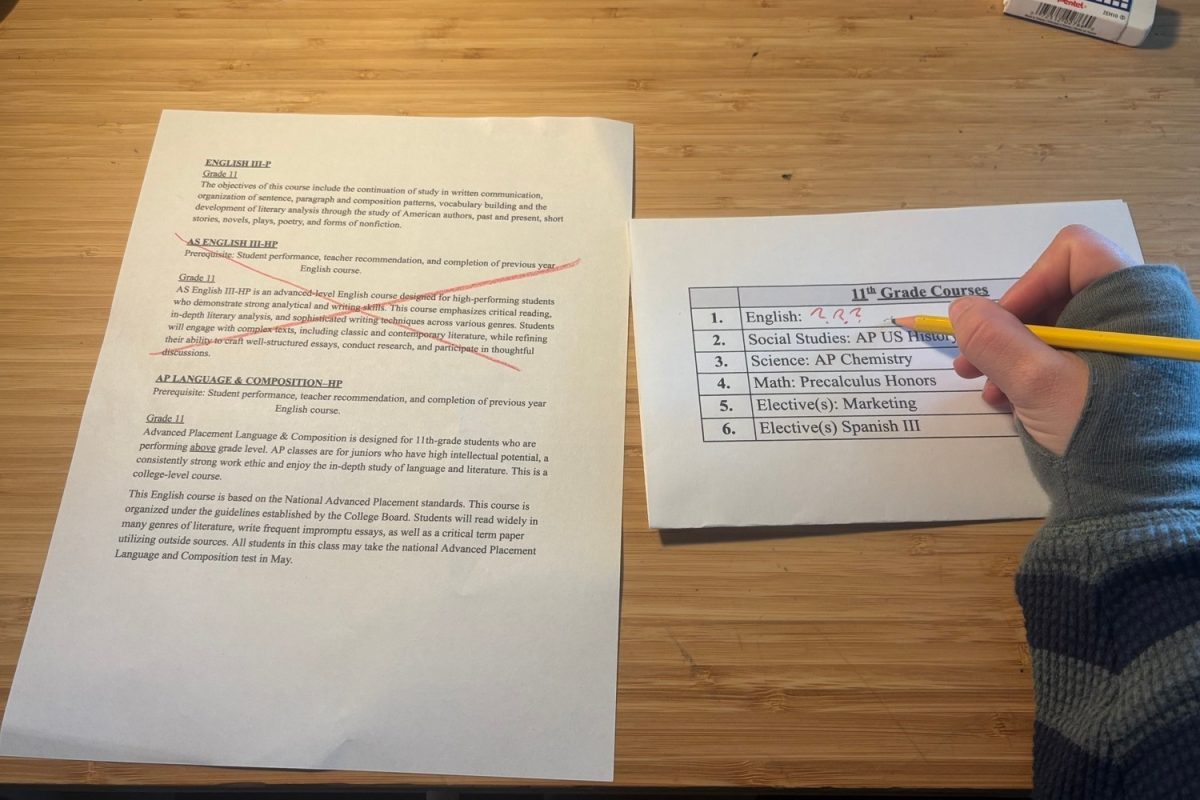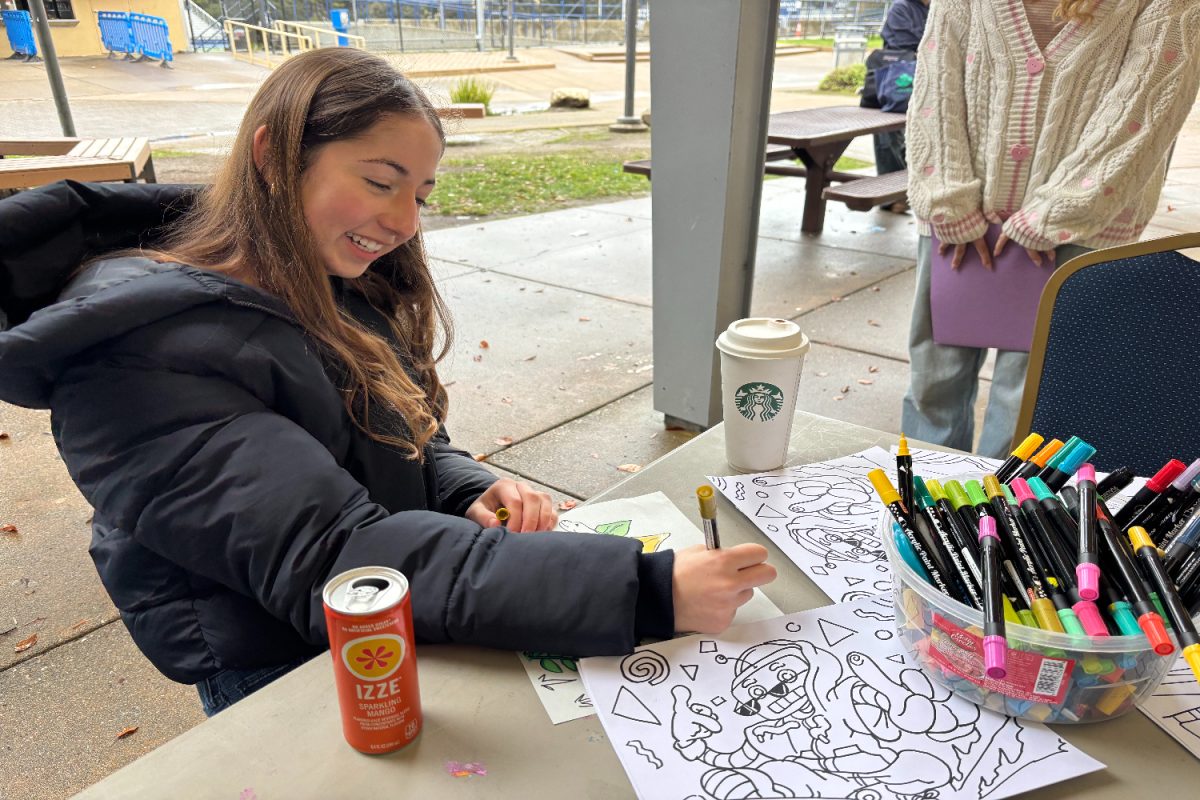In 2010, a live-action version of “Avatar the Last Airbender” was announced.
However, expectations were quickly let down as fans criticized and shunned the film’s “whitewashed” cast. After Netflix announced a recasting of “Avatar the Last Airbender” in 2020, aiming for “authentic … ethnic casting,” debates surrounding the fine line between cultural appreciation and cultural appropriation have resurfaced.
“I think the representation [in “Avatar the Last Airbender”] was quite far off. The casting was inaccurate and its connections to culture, although being debatable, were not fully representative of the true culture. The recast this year looks better already with a much better cast,” said sophomore Joshua Lin.
However, other movies, music videos, pop culture trends, and cultures have not been so lucky to have revision or recognition.
For example, Oli London, an English personality influencer, is most well known for getting 18 rounds of plastic surgery to look like Park Ji-min from the K-pop band BTS.
They have raised a lot of controversy after identifying as Korean, correcting native Koreans’ speaking, and misusing Korean and LGBTQ+ hate for clout and views.
“I don’t think what they’re doing is culturally appropriate. I don’t think they should pretend to be a different race,” said freshman Shaela Sullivan.
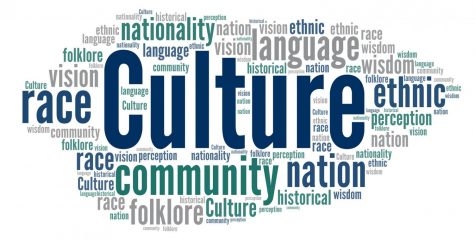
This leads to debates on cultural appreciation versus cultural appropriation. Cultural appreciation can be defined as the use of cultural aspects in respect and broadening perspective, such as eating at authentic restaurants. However, cultural appropriation is defined as the use of cultural aspects for aesthetic purposes or personal interests. For example, dressing up as a geisha for Halloween is considered to be cultural appropriation.
“I personally feel that because no one knows anyone’s real motive for anything, only the person in question can be the one to judge whether their motivation determines appreciation or appropriation,” said sophomore Victoria Lehman. “There is always a chance that a person could step over the line and offend someone without meaning to. With that said, in a situation where appropriation may be present, others are also responsible for encouraging people to learn about appropriation, and if necessary, share better ways to appreciate culture in a way that is respectful and inclusive of everyone.”
According to sophomore Darrell Ye, despite the view that cultural appropriation is negative and offensive, it can be seen differently.
“I don’t think cultural appropriation actually destroys cultures. I think it makes it something into something new. It may be superficial, and it may be used for profit, but at the end of the day, I don’t think it’s destroying any cultures,” Ye said.
Shows such as “Avatar the Last Airbender” and social media influencers like Oli London can blur the lines between cultural appropriation and appreciation. At Carlmont, many students hold differing opinions on what each term means.
“At the end of the day, the core base of the culture will still be there. It will still be there. It’s not like it’s going to be completely erased,” Ye said.

